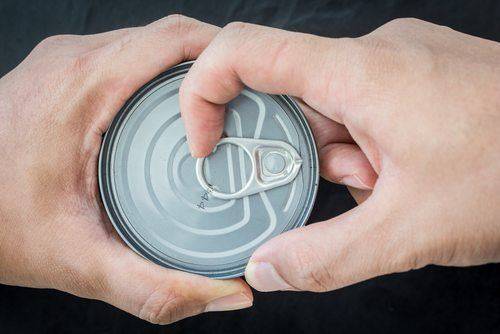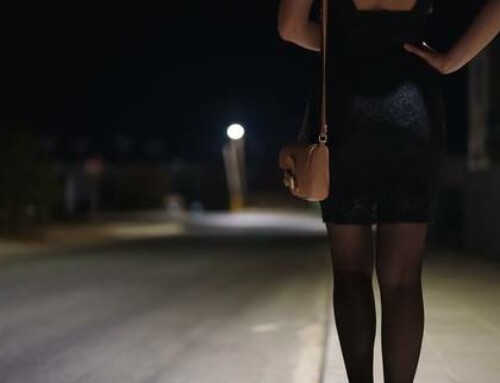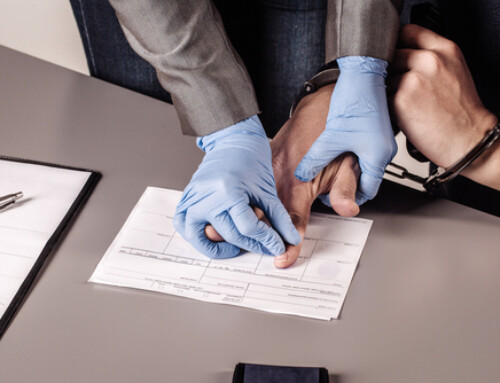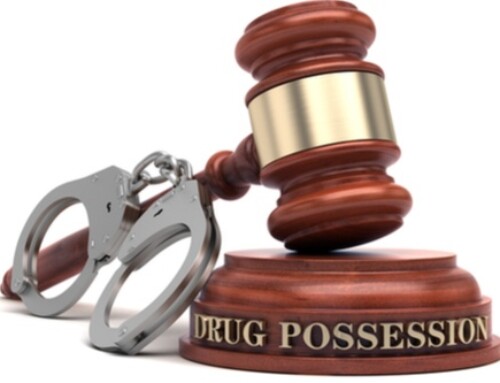The consequences of drunk driving can be seen and felt in every community. Loss of life, debilitating injuries, vehicular damage and skyrocketing insurance premiums are but a few of the repercussions. Considering the resulting devastation to lives and property, it is no surprise that states like South Carolina impose strict penalties on those drivers who are apprehended operating a vehicle while intoxicated. In a class by themselves, however, are those who drink while driving: they may be legally drunk or they may be caught sober. In either case, an open container of an alcoholic beverage is a serious infraction of the motor vehicle code.
Two South Carolina Laws Apply
Violations of state open container statutes, or ABC Violation Tickets, are classified as misdemeanors which can be satisfied my either fine or jail time. Although they look similar, there are actually two rules regarding open container – one for hard liquor and the other for beer and wine. The latter provision focuses on beer, ale, porter and wine, to be specific, and forbids the presence of an open container unless secured in a trunk or luggage compartment. Worth noting is the fact that a parked truck or automobile—as if at a tailgate party—would not be subject to the statute.
As pertains to hard liquors like rum, vodka or gin, the statute allows the transport of same by any licensed individual over the age of 21. However, if the seal on the bottle or container has been broken, or the cap has been damaged, then the container must be stowed in the trunk, luggage or cargo sections of the vehicle. In any case, the area must be distinct from what the driver and passengers occupy. An important codicil to this rule is that the storage area does not have to be exclusively accessible from the outside.
Penalties for Open Container Violators in South Carolina
As noted above, open container violations are classed as misdemeanors, with a cap of no more than $100 in fines or 30 days in jail, applied to both categories of alcoholic beverage. Still, the penalties do not stop there if you are apprehended while legally under the influence or intoxicated. They are worse, still, for those who are underage (under 21 years old). A conviction will appear on both criminal and driving records that will taint job, college and graduate school applications. What seems like a minor offense can have major fallout. Additionally, if this violation occurs on top of underage drinking or intoxication, the driver’s license is in jeopardy of revocation.
Defenses Against Open Container Charges
Generally, there are two vulnerabilities the state might have in prosecuting a driver apprehended for open container presence. The Fourth Amendment to the U.S. Constitution prohibits unreasonable searches and seizures. In turn, South Carolina has adopted statutes that put limits on law enforcement with regard to traffic stops. Police, for example, are entitled to inspect driver’s licenses, vehicle registration, and documents proving insurance coverage. They may not, however, search a vehicle without consent. Doing so would invalidate whatever evidence they might uncover. There is, on the other hand, an exception to this prohibition: suspicion of criminal activity warrants police exploration, however unwelcome.
Another law enforcement error can also undermine a prosecution for open container. If the container itself is either discarded or damaged in police possession, the court may have reason to suppress the evidence, thereby hurting the government’s case against the defendant. For these reasons, those accused of ABC Violation Tickets do well to secure competent and experienced DUI lawyers before facing a judge.






